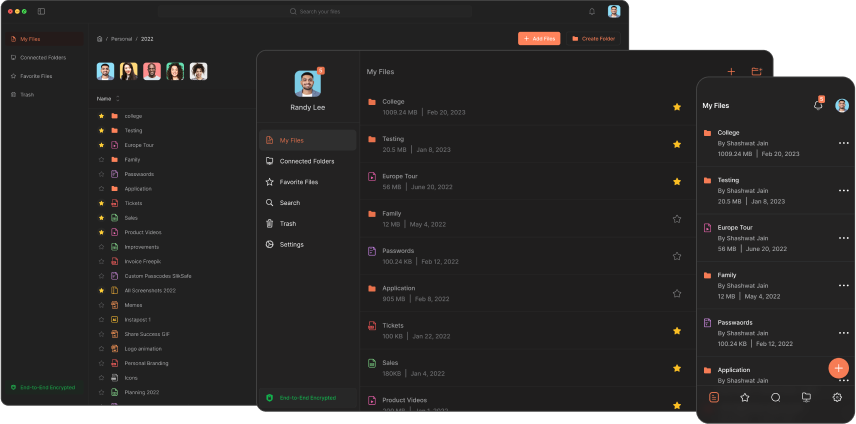Compressing PDFs and PNGs: Techniques and Challenges
In the digital age, efficient data management is crucial, and file compression plays a significant role in this process. This blog post explores the compression of PDFs and PNGs, highlights the challenges in PNG compression, and introduces how Slik Safe's PNG compression tool effectively addresses these issues.
Understanding PDF Compression
PDF compression is essential for reducing the size of documents without losing quality, which is vital for storage and faster transmission. Techniques used in PDF compression include image downsampling, which reduces the resolution of images in the document, and lossless compression algorithms like Run-Length Encoding and Flate, which reduce file size without affecting the quality of the content.
The World of PNG Compression
PNG (Portable Network Graphics) is favored for its lossless compression, meaning it retains all original data and quality after compression and decompression. The primary technique used in PNG compression is DEFLATE, a combination of LZ77 and Huffman coding. This method provides a good balance between compression ratio and speed, making it suitable for the web where both bandwidth and quality are important.
Challenges in PNG Compression
Despite its advantages, PNG compression faces several challenges:
- File Size: While PNG is lossless, its files can still be relatively large compared to lossy formats like JPEG. This can be problematic for websites and applications where loading speed is critical.
- Compression Time: Higher compression levels in PNG can lead to increased processing time, which might not be efficient for real-time applications.
- Complexity in Handling Transparency: PNG supports transparency, but managing this with compression can be complex and may lead to unexpected results in different environments.
Slik Safe's PNG Compression Tool: A Solution
Slik Safe's PNG compression tool is designed to tackle these challenges effectively:
- Advanced Optimization Algorithms: It uses sophisticated algorithms that optimize both color palettes and compression techniques, striking a perfect balance between file size and visual quality.
- Smart Transparency Handling: The tool smartly manages transparency to ensure that the visual integrity of images is maintained across all platforms without increasing the file size unnecessarily.
- User-Friendly Interface: With a focus on usability, the tool allows users to easily adjust compression settings and preview results in real-time, making it accessible even for those with minimal technical knowledge.
- Batch Processing Capabilities: It supports processing multiple files at once, saving time and effort for users dealing with large volumes of images.
Conclusion
Compressing PDFs and PNGs effectively requires understanding the specific characteristics and challenges of each format. While PDF compression focuses on reducing document size without quality loss, PNG compression emphasizes maintaining image integrity, especially with transparency. Slik Safe's PNG compression tool addresses the inherent challenges with advanced technology and user-centric design, making it an excellent choice for professionals and casual users alike.
Other free tools by Slik Safe
Download Now
The Slikest Files Experience Ever Made
